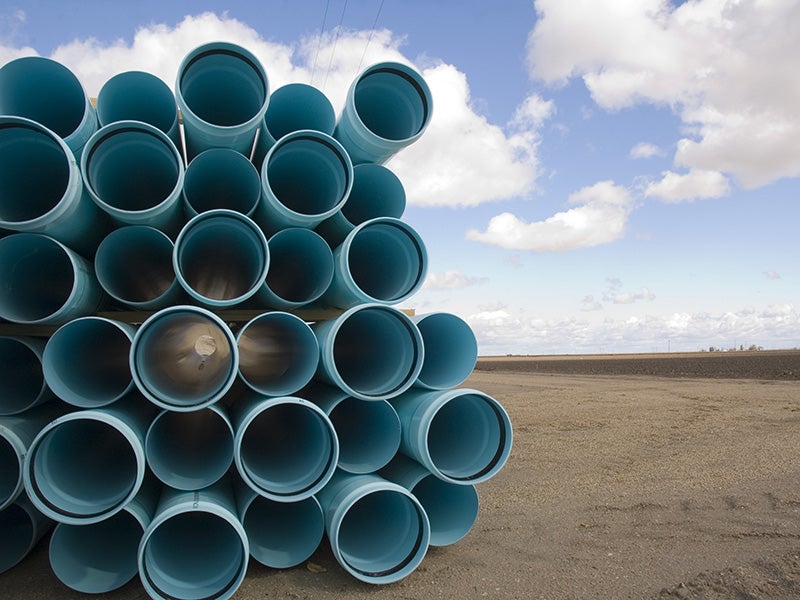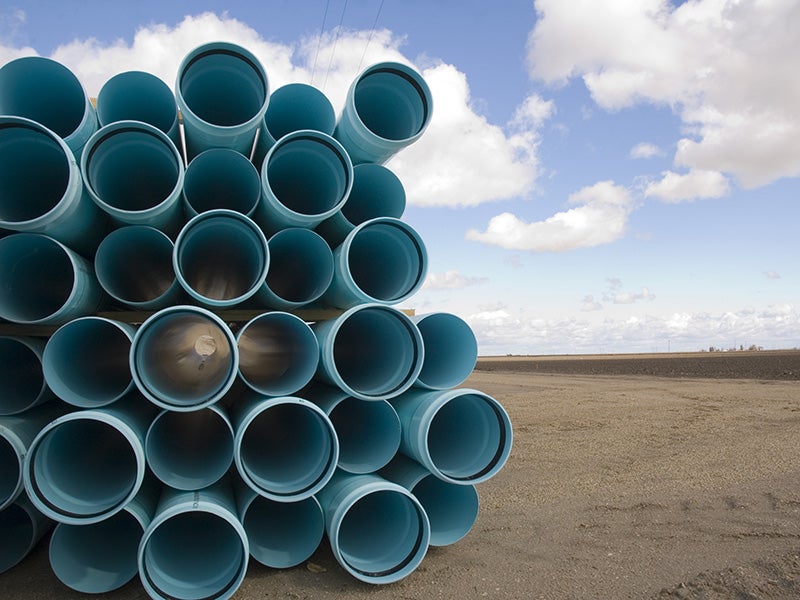Obtaining Stronger Standards for PVC Plants
Earthjustice teamed with local and statewide organizations to force adoption of stronger standards to government emissions from polyvinyl chloride manufacturing plants.
Clients
Regional Office / Program
Case Overview
Each year, PVC (or polyvinyl chloride) plants are responsible for pumping approximately 500,000 pounds of vinyl chloride—a known human carcinogen—and many other toxic chemicals into the atmosphere. These plants have had incredibly damaging effects on communities throughout the country, especially in Louisiana. In Mossville, Louisiana, a historically African American community that is home to two PVC plants, health studies have found blood levels of dioxin among residents rivaling those seen in industrial accidents. Communities like Mossville that exist in the shadow of PVC plants suffer from high rates of cancer, asthma, and endometriosis.
Although EPA issued emissions regulations for PVC plants in 2002, they provided emission standards for just vinyl chloride, leaving emissions of dioxins, chromium, lead, chlorine and hydrogen chloride—substances associated with a wide variety of serious adverse health effects including cancer—entirely unchecked. Further, the sole standard adopted, for vinyl chloride, was set at the same weak standard that has been in place since 1976, a level that allows PVC plants to continue emitting this toxin at levels that EPA itself expects to cause death and serious illness.
Mossville Environmental Action Now (MEAN) and the Sierra Club, represented by Earthjustice, successfully challenged those regulations in 2002, resulting in a 2004 decision by the DC Circuit Court of Appeals finding that EPA’s lax approach to regulating pollution from PVC plants violated the law. Four years later, the agency has failed to make any progress in replacing the vacated standard with a lawful one, leaving PVC plants underregulated.
In October 2008, Earthjustice again filed suit on behalf of MEAN, the Sierra Club, and Louisiana Environmental Action Network (LEAN) to force EPA to comply with their obligations under the Clean Air Act and issue lawful standards for PVC plants. In November of 2009, as part of a settlement reached with Earthjustice’s clients, the EPA agreed to begin regulating the toxins released by PVC plants by July 29, 2011.
However, EPA reversed its plan to protect the communities and in an about-face, decided without warning to create special categories for the plants in Mossville, Louisiana and Deer Park, Texas, even though the agency recognized that the pollution is similar to and could use the same types of pollution control technologies that are generally available and in use by other PVC facilities. In June 2012, Earthjustice, representing MEAN, LEAN, Air Alliance Houston, and Sierra Club, filed a lawsuit to challenge the weaker protections as unlawful and arbitrary. The groups also filed a petition asking EPA administrator Lisa Jackson to reconsider her decision voluntarily.
In September 2012, EPA announced that it will reconsider the rule that failed to adequately limit air pollution nation-wide and that singled out two PVC plants in Mossville, Louisiana and Deer Park, Texas for the most lax limits and worst protection. The EPA’s decision is great news for communities who are burdened by this toxic air pollution.

Case Updates
Case page created on October 31, 2008.
